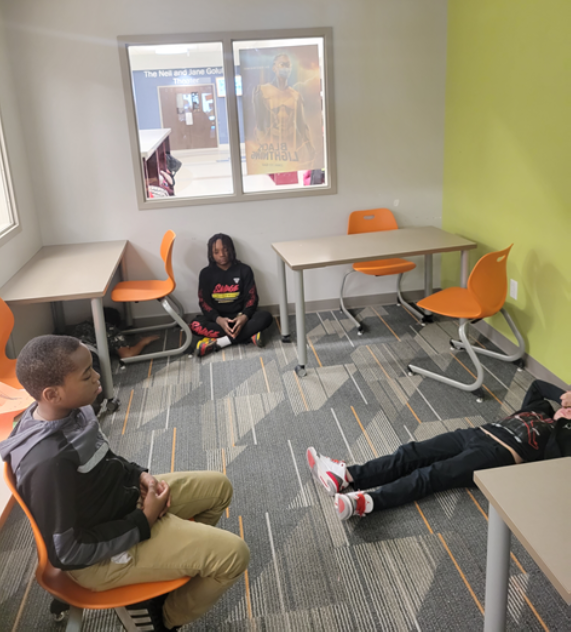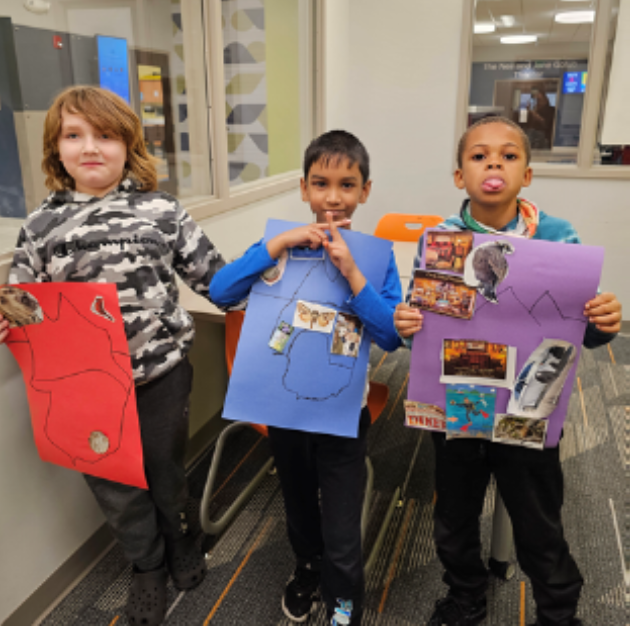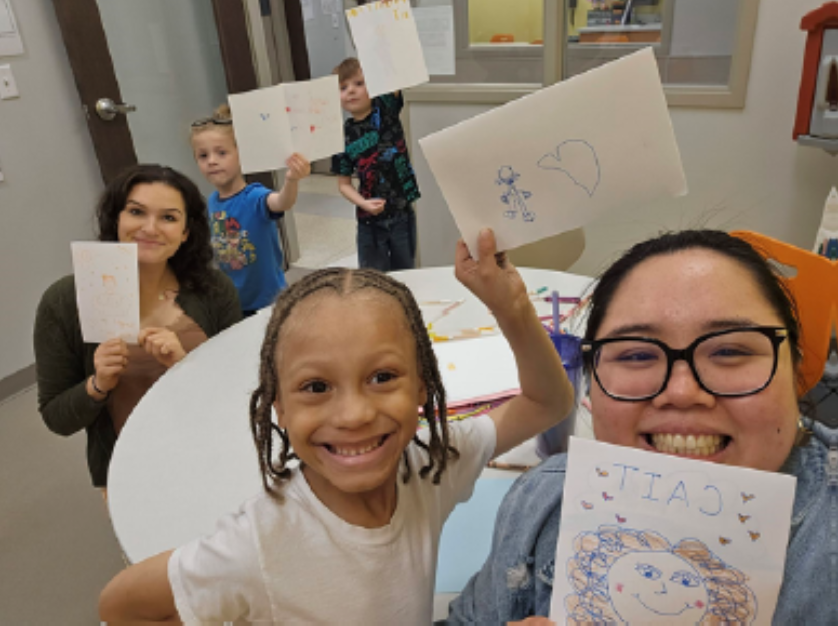Make a donation to United Way of the Greater Capital Region to help support agencies like YWCA NorthEastern NY
Inner Strength
YWCA Youth Violence Prevention at the Boys & Girls Clubs
YWCA NorthEastern NY is working with youth located in the heart of Schenectady, where youth are at high risk of broken family ties, gang affiliation, and poverty. The Boys & Girls Clubs of Schenectady, where these youth programs are hosted, offer a safe space for the kids after school, preventing them from getting involved with gangs and other unsafe influences.
Growing up, the dominant narrative that boys hear is that boys don't cry; they need to man up, they need to take charge, and they need to be rational instead of emotional. These narratives result in young boys repressing their feelings and seeing emotion and sensitivity as weaknesses or feminine traits. This often leads to toxic masculinity, where these young boys repressing their feelings grow up to be men who don't know how to talk about or acknowledge their feelings and instead only know how to externalize their feelings as anger. This can lead to boys entering gangs, turning to drug use, having unhealthy relationships (as both the abuser and the abused party), defining strength as only physical capabilities, having low respect for women or feminine traits, and perpetuating gender roles and misogyny. These narratives are particularly exacerbated among young boys of color.
At the Boys & Girls Clubs of Schenectady, YWCA NorthEastern NY has been operating a Boys Group using United Way of the Greater Capital Region's funding that emphasizes the importance of "redefining strength by rediscovering ourselves." This group engages boys ages 7-10 in learning that strength is more than one's physical capabilities; it is also what one can accomplish emotionally. The Boys Group discusses the importance of anger management, coping skills, mindfulness, healthy and unhealthy relationships, learning to say no, gratitude, and other topics that break the narrative of "boys don't cry." The groups are delivered utilizing a trauma-informed approach; as the only provider of domestic violence services in Schenectady County, YWCA NorthEastern NY is uniquely qualified to provide this type of preventative intervention.
The impact of this program primarily manifests in small improvements over time. On the first day of each new group, the boys typically do not like talking about anger or their feelings and are closed off to the interventions. After a couple of sessions, the boys begin opening up and becoming more comfortable with the YWCA Counselors facilitating the programming. The boys start to open up about their stories and the hardships that weigh on them, whether that involves them being bullied at school by their friends, losing a family member, or having a parent go to jail. Through these conversations, the Counselors work with the boys to help them find and see their inner strength.
Over time, the boys begin to really internalize the messages being given to them, including phrases such as, "It is okay to cry," "Boys can cry too," "I am here for you," "We are a team," and "Tell me what's wrong when you are ready." Sometimes, the Boys Group is the first context in which these boys have been treated with such compassion. The boys begin using these exact phrases to support and connect with their friends when they are having a hard time and often recommend that their friends join the Boys Group as well.
The work being done by YWCA NorthEastern NY at the Boys & Girls Clubs of Schenectady makes a true impact on these children. The boys regularly say that they feel heard when speaking with the YWCA Counselors or when attending the Boys Group and find peace within the hour they are in the group. Rather than showing anger through screaming or throwing a temper tantrum, they learn the negative consequences of reacting in such a way and, instead, manage their emotions in a healthier manner. The boys use each other as accountability partners and go to each other between groups when they are in need of support.
Ultimately, we want people to remember that the messages taught to youth during childhood are carried with them throughout their lifetimes. It is important to deprogram these unhealthy thought patterns early in life rather than wait to unlearn these habits in adulthood. By investing resources in local youth, we are building a better, safer future in which children have the socioemotional awareness necessary to thrive and break intergenerational cycles of abuse.

We incorporate mindfulness for at least ten minutes at the start or end of each Boys Group. This picture was taken during one of the many meditation sessions where the boys learned to sit and examine their thoughts and feelings.

The Anger Iceberg teaches youth that anger is a secondary emotion and that there is usually an underlying feeling when they experience anger, such as fear, rejection, or sadness. The Anger Iceberg helps youth identify the underlying emotions or beliefs that contribute to their intense feelings of anger.

On the last day of school with the boys, we discussed the importance of being GRATEFUL. This photo shows the Gratitude Cards made in the group. In this session, we discussed what we are grateful for despite the things we do not have or the people who are no longer with us. We touched on grief and acknowledged that people die and that we are allowed to miss them and cry but also to remember their importance in our lives and the impact they made on us. The boys then gave their cards to the people they were grateful for during that time.


